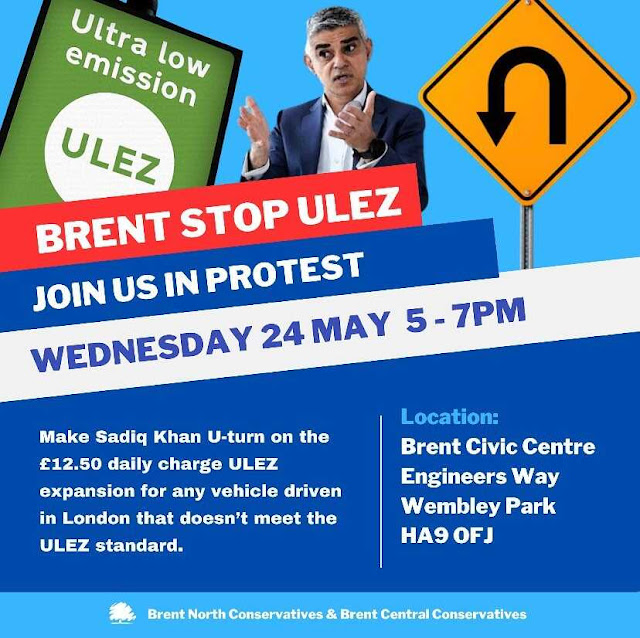I have asked Brent Council Press Office to provide a quote from the Council on how the requirement for a second staircase for buildings over 30m high will impact on developments currently in the pipeline in Brent. The requirement follows recommendations made after the Grenfell fire.
From Fire Protection Association LINK
As reported
by Building, property consultants Lambert Smith Hampton (LSH) and
Connells have analysed that up to 124,000 new London homes could be greatly
affected or delayed by new fire safety regulations – schemes that had been
previously approved.
Following the government’s recent 12-week consultation on proposed changes
to Approved Document B (ADB), in February 2023, London Mayor Sadiq Khan announced, that
he would be going ahead with the requirement for two stairwells in new
buildings that were over 30 metres in height.
During his announcement, he stipulated that the Greater London Authority
would only sign off on high-rise building applications that included two
stairwells. As LSH and Connells note, this means that a current pipeline of 243
buildings (accommodating 123,632 new homes) will have to be scrapped as new designs
are submitted by developers. The property consultants added that the new
requirements could lead to current applications being “under threat of
significant delay, or even being completely mothballed”.
The head of planning at LSH, Mary-Jane O’Neill, explained: “Given
the tragic circumstances that led to the revision of fire safety regulations,
there are few plausible grounds on which to oppose their implementation. But
all of us involved in the process of development do need to process their
implications and come up with some pragmatic solutions as a priority.”
The decision for a secondary staircase follows calls for better life safety
measures for residents of high-rise buildings by giving them another means of
escape in the event of a fire. It can also mean that fire crews have more
access to take firefighting equipment to higher storeys when alternative routes
might not be feasible. The need for a second staircase was one of the
recommendations set out by Dame Judith Hackitt in her independent review and
has also been backed by RIBA. The London Fire Brigade welcomed Sadiq
Khan's decision, with further bodies wondering whether the height threshold
should be reduced to 18 metres instead of 30. At the time, Charlie
Pugsley, Assistant Commissioner for Fire Safety, said:
“Having pushed developers to include at least two staircases in tall
residential buildings for some time, we support the government’s plans to bring
in this clear limit for new buildings over 30m to further improve safety.
“This introduction of a clear threshold will give clarity to developers,
local authorities and communities and prevent the continued practice of
increasingly tall buildings being designed and constructed with only a single
staircase.”
The new London-wide mandate, however, is expected to impact several London
boroughs and their promises for more housing. Indeed, Architects’
Journal reports
that construction work has stopped at 10 new residential blocks between three
and 16 storeys in the east London borough of Havering. The £450 million
residential scheme expected to replace 270 homes with 380 homes has now been
halted over the current uncertainty around second staircase requirements.
Developer Wates Residential, alongside Havering Council, has stopped
construction until the government gives more clarity and reaches a “decision
on new building safety legislation regarding taller buildings”.
In a statement, the developer said: “Regulations are likely to change to
require two staircases in buildings over 30m, so we have taken the decision to
pause the development at this early point in the construction process until we
have a better understanding of what the new regulations will mean.”
Mary-Jane added that while legislative updates to fire safety measures are
still ongoing, “housebuilders are unlikely to go back to the drawing board
on these schemes until there is much more clarity around the required design
standards”. In the meantime, developers will have put their existing plans
on hold.
“There is no silver bullet on the horizon that will unlock the
uncertainty surrounding tall buildings,” she said.



